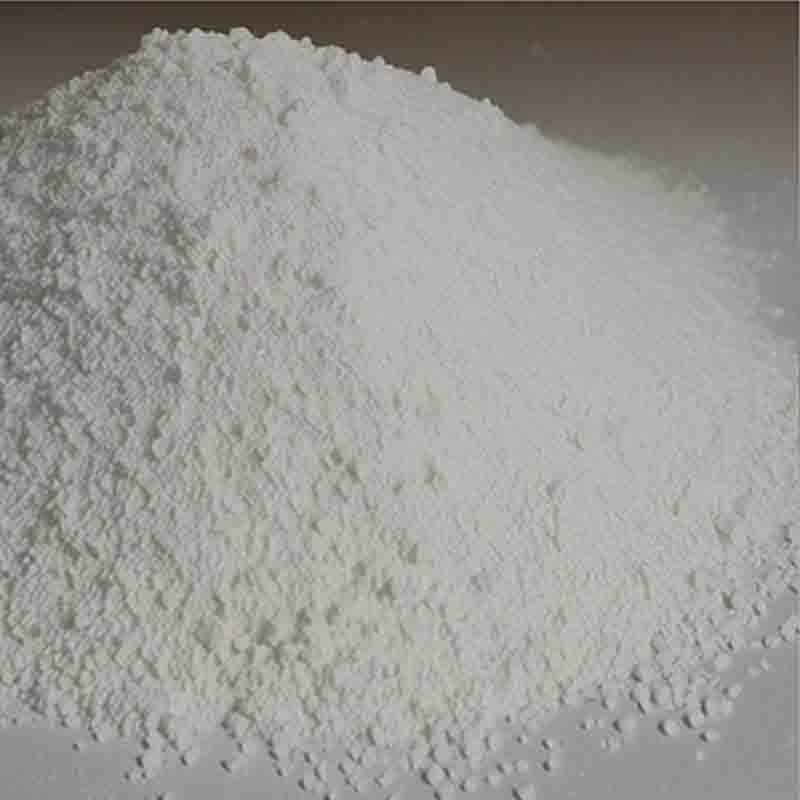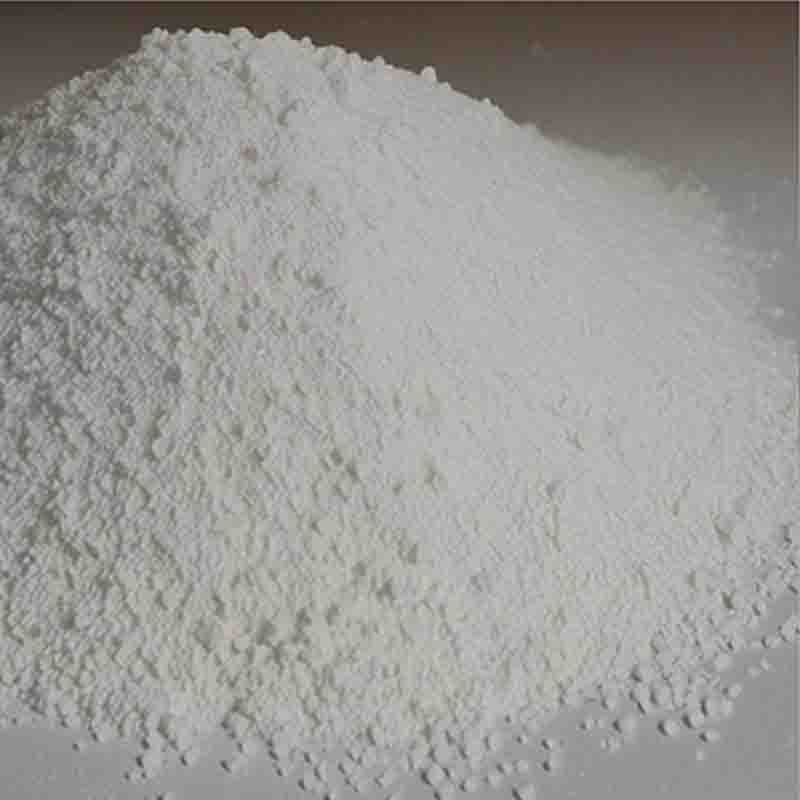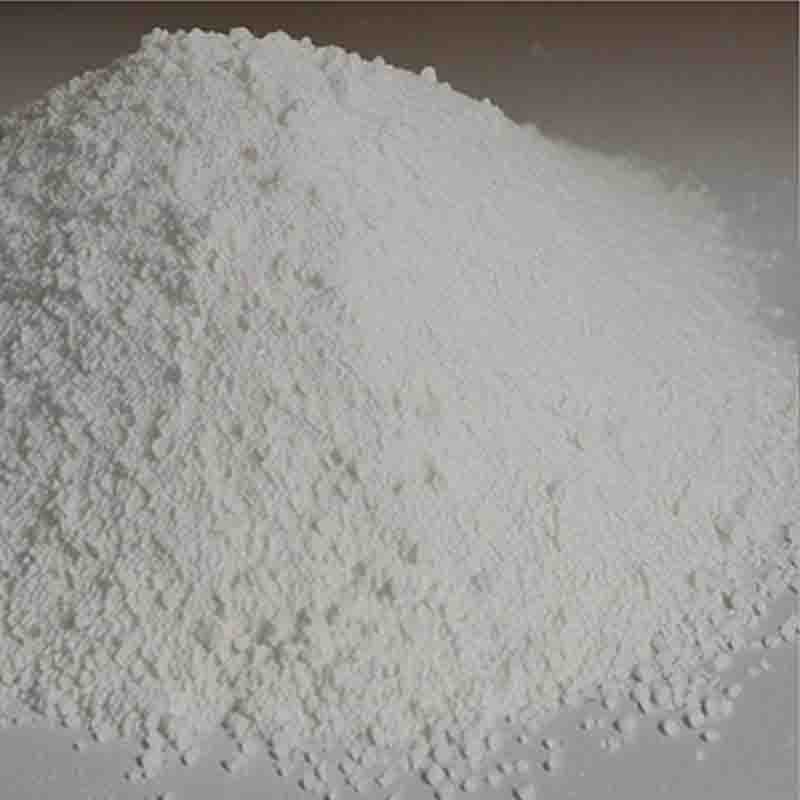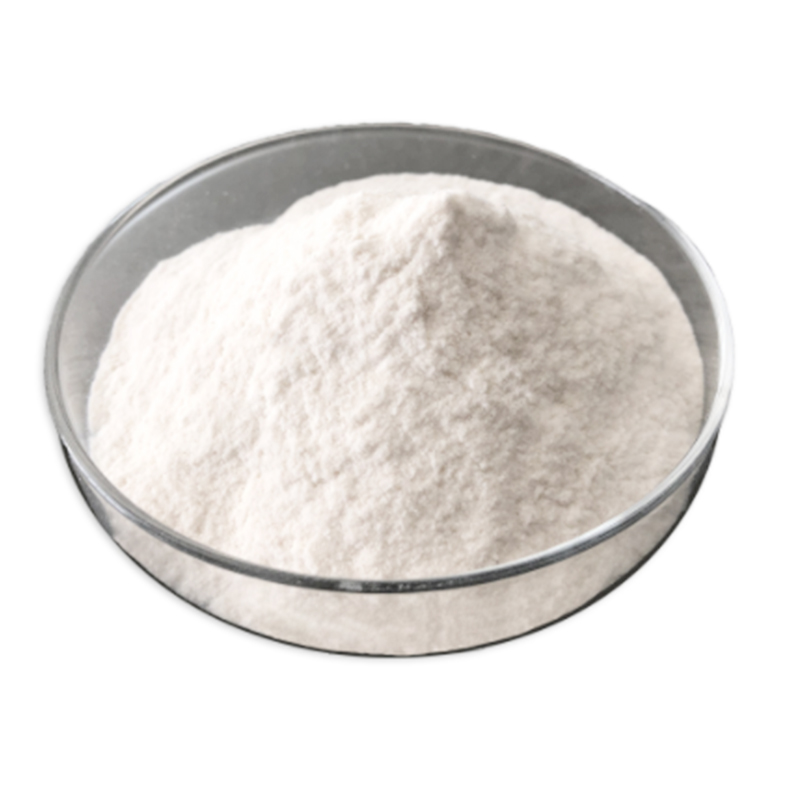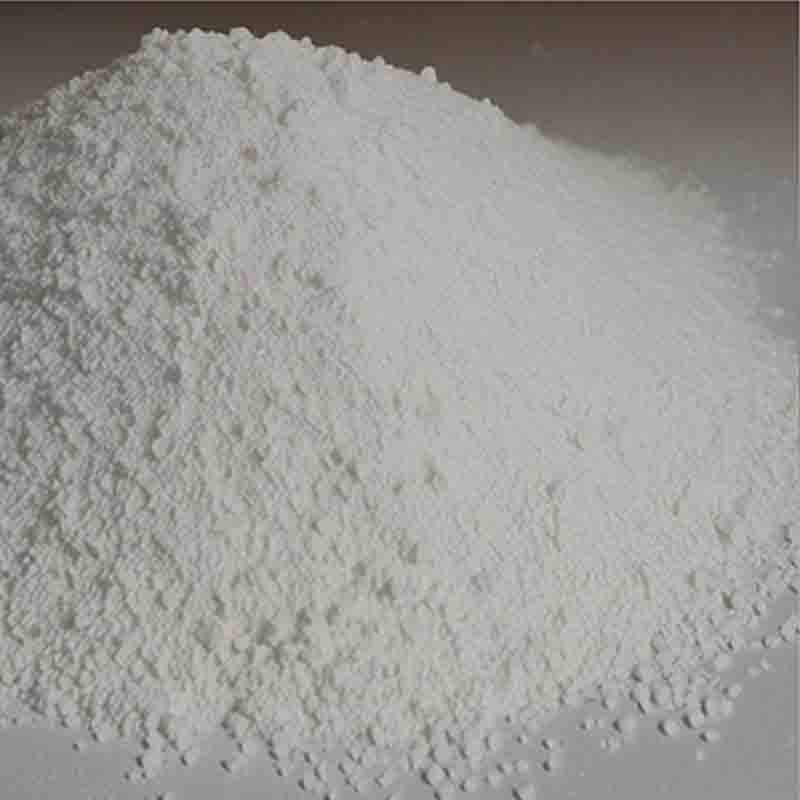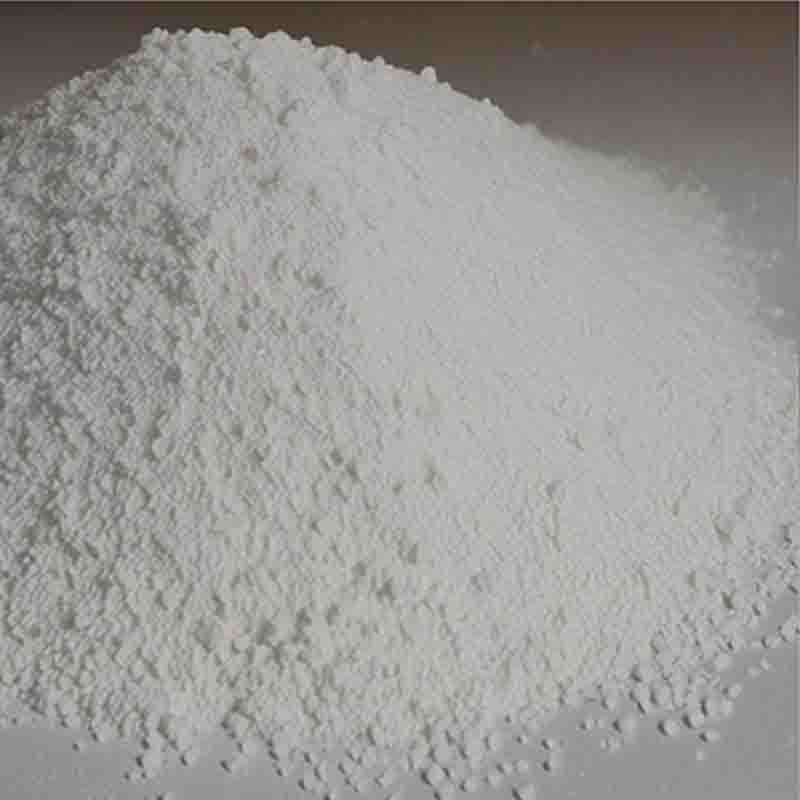Bis(2-ethylhexyl)terephthalate CAS:6422-86-2
| Catalog Number | XD96462 |
| Product Name | Bis(2-ethylhexyl)terephthalate |
| CAS | 6422-86-2 |
| Molecular Formula | C24H38O4 |
| Molecular Weight | 390.56 |
| Storage Details | Ambient |
Product Specification
| Appearance | White powder |
| Assay | 99% min |
Bis(2-ethylhexyl)terephthalate (DEHT) is a chemical compound commonly used as a plasticizer in the production of various consumer products such as PVC pipes, vinyl flooring, and food packaging materials. It is also used in personal care products such as cosmetics and fragrances. While DEHT has many industrial applications, there are concerns about its potential effects on human health and the environment.
One of the primary concerns surrounding DEHT is its potential to leach out of products and contaminate the environment. Studies have shown that DEHT can be released from plastic products and enter the environment through various pathways, including air, water, and soil. Once in the environment, DEHT can accumulate in living organisms and potentially disrupt ecosystems.
In terms of human health, DEHT has been associated with certain adverse effects. Studies have suggested that exposure to DEHT may be linked to reproductive and developmental issues. For example, animal studies have shown that DEHT exposure can lead to decreased fertility and altered reproductive organ development. Additionally, there is some evidence to suggest that DEHT may have endocrine-disrupting properties, meaning that it can interfere with hormone function in the body.
Furthermore, DEHT has been identified as a potential respiratory irritant, and there are concerns about its potential to cause skin irritation and sensitization in humans. As a result, some regulatory agencies have imposed restrictions on the use of DEHT in certain products, particularly those that come into direct contact with the skin.
In conclusion, while DEHT has many industrial applications, there are concerns about its potential effects on human health and the environment. As a result, it is important to continue researching the potential risks associated with DEHT exposure and to take steps to minimize its release into the environment. Additionally, consumers can reduce their exposure to DEHT by choosing products that are labeled as DEHT-free and by following proper safety precautions when using products that contain DEHT.


